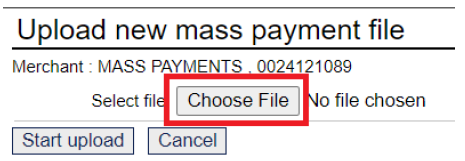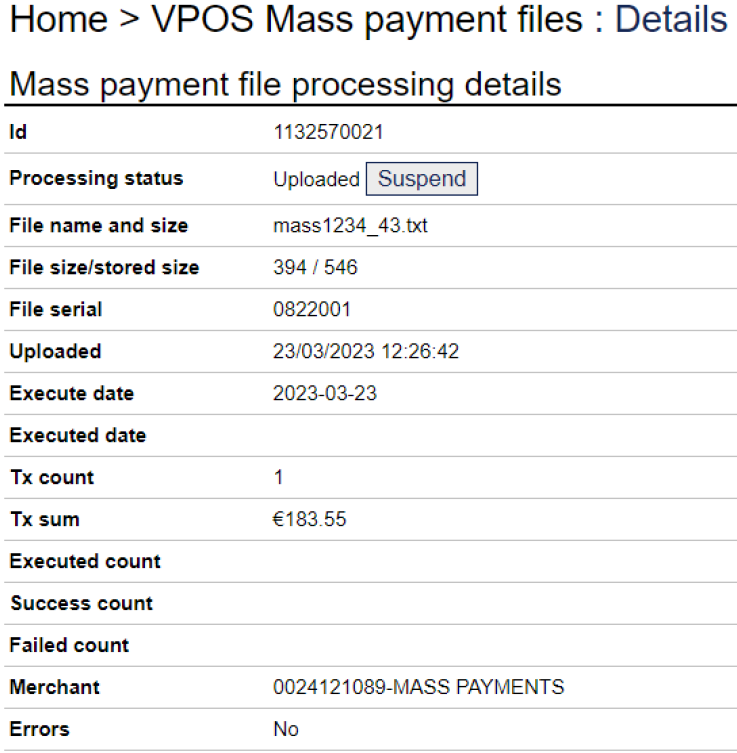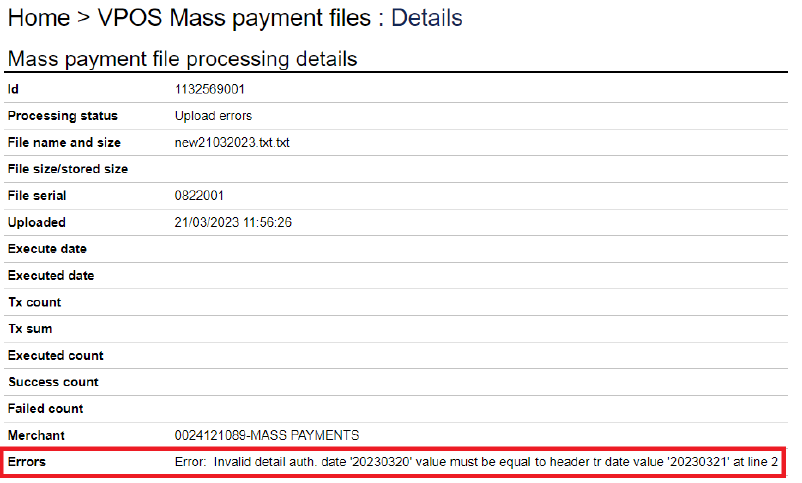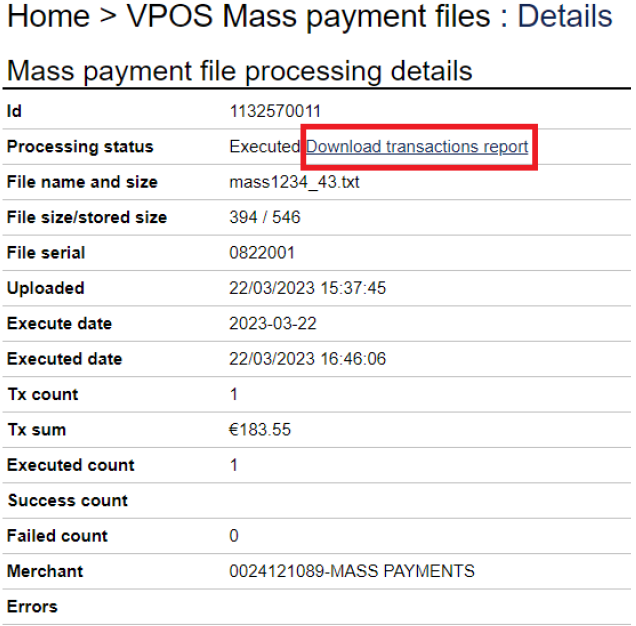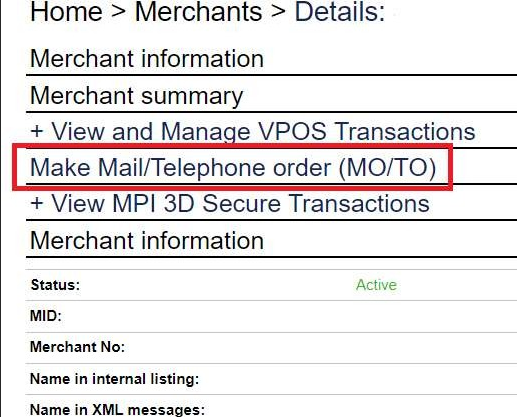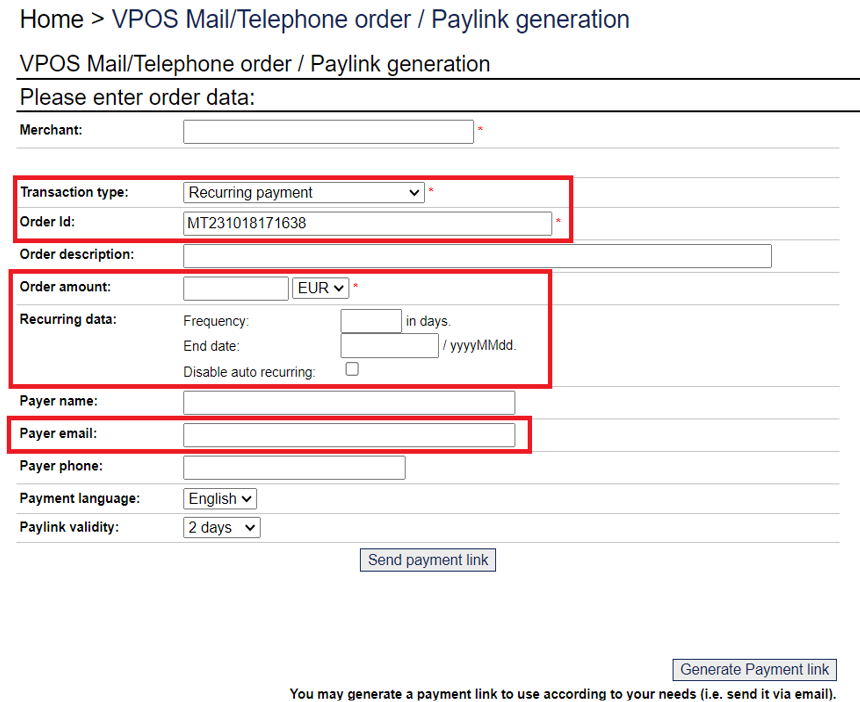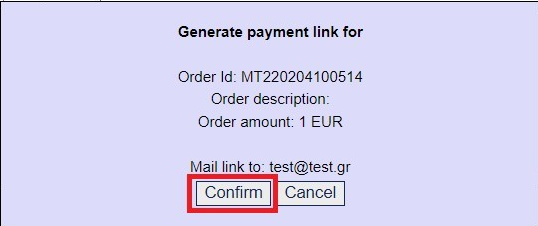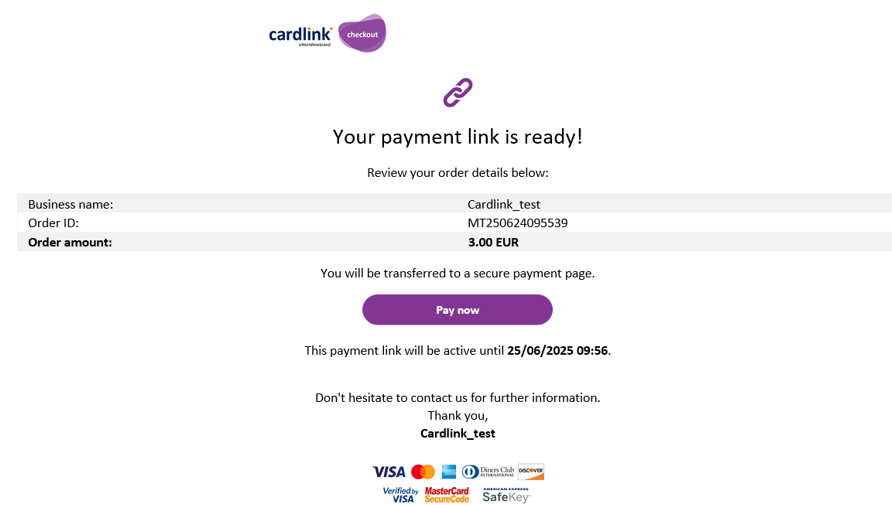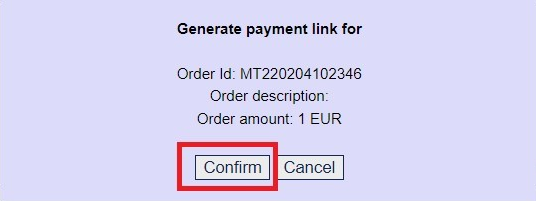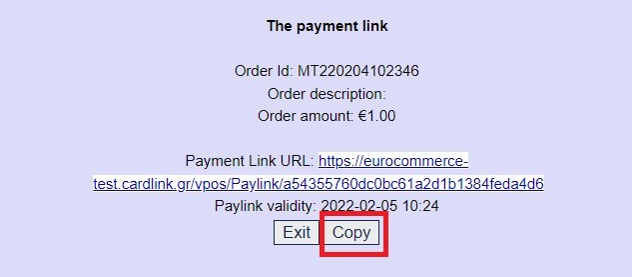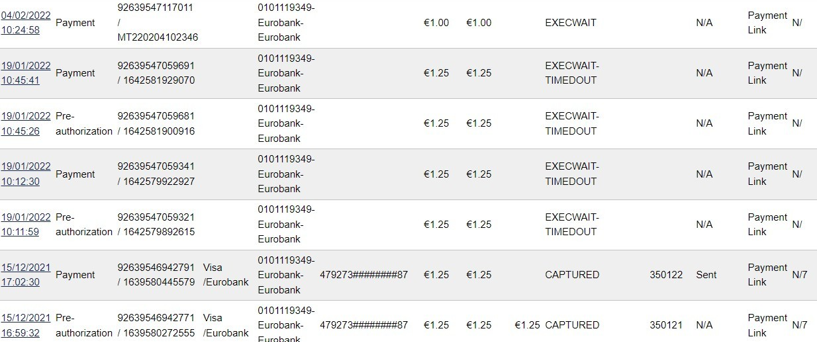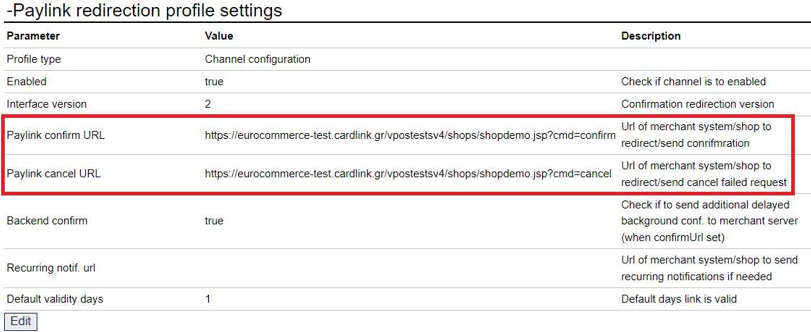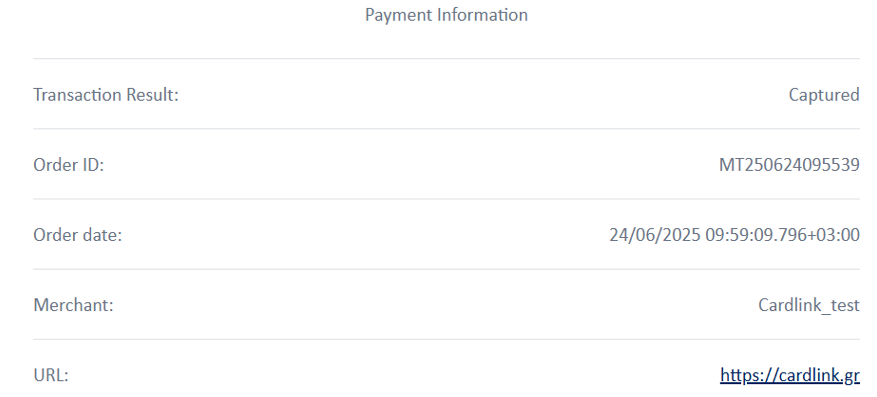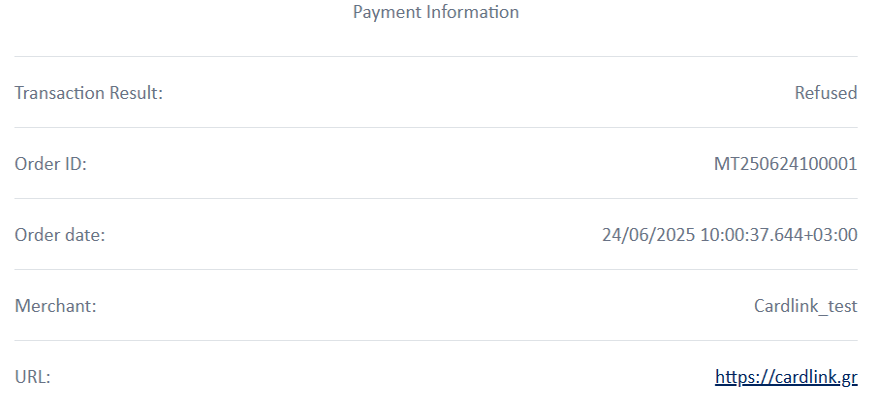The first category of recurring transactions is the scheduled recurring transactions or subscriptions.
The initiation of a scheduled recurring scheme is made with the execution of a master recurring transaction that will necessarily go through 3D authentication process. For that purpose, the master transaction can be performed using any of the below methods.
- Redirection
- Payment Link
- Direct integration
At that initial transaction, merchant sets the frequency of the subsequent (child) transactions and the end date of their execution.
The respective documentation of each method can be found at:
Redirection: https://developer.cardlink.gr/api-product/redirect/
Payment Link: https://developer.cardlink.gr/uat/documentation_categories/recurring/#Recurring-through-Payment-Link
Direct integration: https://developer.cardlink.gr/api-product/direct/ and https://developer.cardlink.gr/api-product/modirum-mpi-merchant-interface-v4/ (requires log in)
Master transaction needs to be successful for the recurring scheme to be established.
Each child transaction will be automatically executed through the payment gateway based on the originally set frequency and until the originally set end date.
The amount of each child transaction is the same as the on of the master transaction and cannot be altered.
In case a child transaction is rejected, the payment gateway proceeds with 2 more retries within the same day. The attempts are made at 07:00, 15:00 and 23:00. If all 3 attempts are rejected, then that specific sequence of the recurring scheme is abandoned and payment gateway will process the next one based on the frequency.
Merchant has two options to receive a response message of each child transaction:
- To a URL that will be set in the field “Recurring notify url" of the test app.
- Through webhooks. Up to 5 URLs can be set to receive the XML response message. Configuration can be made through “Enable Webhooks" section of the test app.
Note: The above configuration is not automatically set to the respective production MID when activated.
Scheduled recurring transactions that were initially executed more than 18 months ago (in production environment) and are passed their end date, are cleaned up from the database and are no longer visible and accessible.








